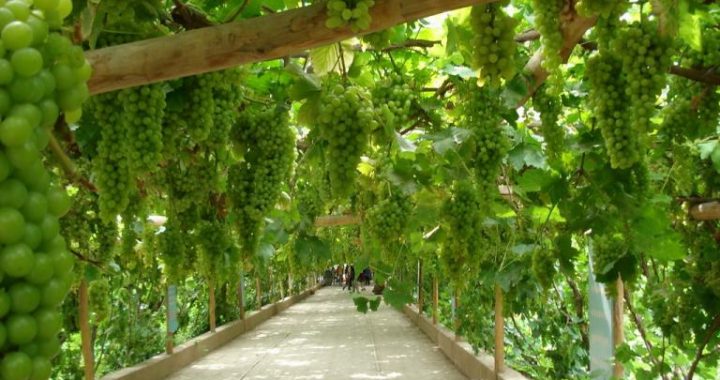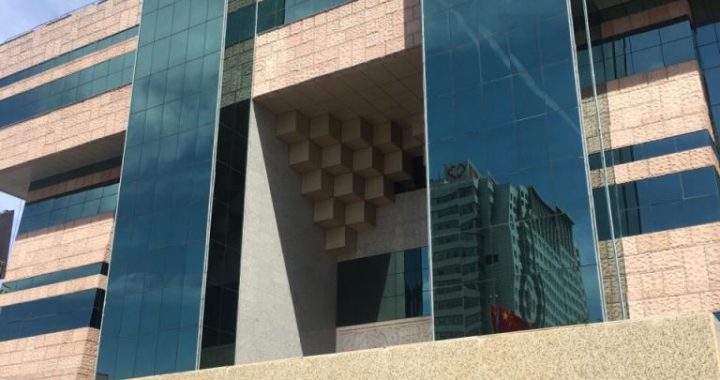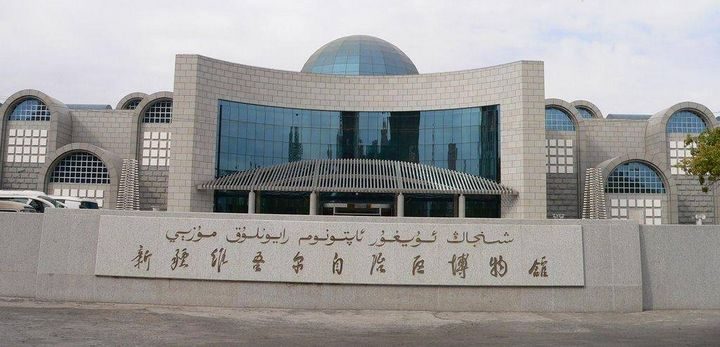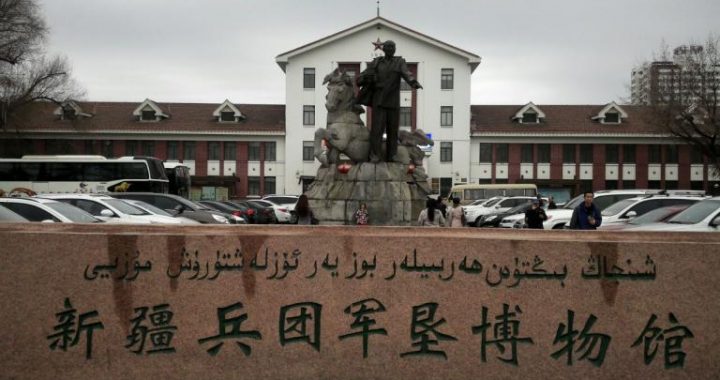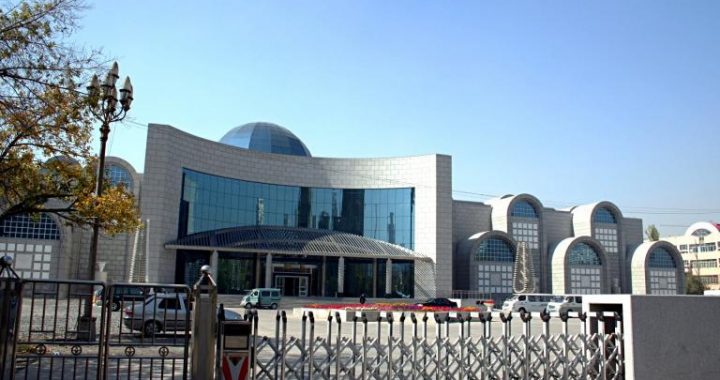The cash cow in Xinjiang is not only the jujube tree
2 min readXinjiang has the unique natural environment in developing the unique fruit industry.
According to resource condition evaluation, Xinjiang and California are the most suitable area for the cultivation of fruits.

The pace of the development of the fruit industry in Xinjiang is amazing. At present, the characteristic fruit industry has become one of the new pillar industries in helping farmers to become rich. The plantation area of jujube and apricot ranks first in the country, and third ranking is walnut growing, forming three effective fruit bases in TurpanHar- basin,ili River Valley, and the north slope of Mt. Tianshan for planting grapes, red jujubes, wolfberry, seasonal fruits, and facility fruits; and a main producing area around the Tarim Basin by planting red jujubes, walnuts, apricots, pears, and apples. These areas and bases have formed a fruit industry belt of regional characteristics. In accordance with the principle of “one county, one product; one village, one product”, tens of well-known fruit townships have been formed, such as”Walnut Township”,”Grape Township”,”Pear Township”,”Almond Township”, “White Apricot Township”.

Luntai white apricot
The local agricultural products processing enterprises are in constant growth. There are too numerous to mention one by one, such as Cofco Tunhe, Fruit Group, Xinjiang Guannong Fruit Antler Co., Ltd, Xinjiang Korla Pear Co., Ltd, Xinjiang Xiangdu Winery co.,Ltd, Tianhai oasis, At present, Xinjiang has 168 fresh fruit storage and processing enterprises with the annual processing capacity of storage and preservation of 1.81 million tons, and actual storage and preservation and processing capacity of 1.26 million tons. The industrialization level of the characteristic fruit industry in Xinjiang has been significantly enhanced, promoting the development of modern agriculture in Xinjiang.
With the formation of regional distribution and base production, a variety of fruits are sold outside, accounting for about 85% of the sales volume in the domestic market. The specialized cooperative organizations in Xinjiang number nearly200, and about100,000 farmer brokers on the trading market, broadening the marketing channels and expanding the market space. In 2012, Xinjiang invested 20 million Yuan to build a production and marketing chain of “Xinjiang fruits to the east”, increasing the infrastructure construction for agricultural products circulation and organized the leading agricultural enterprises to enter the chain of 100 large circulation enterprises, and points of sale have been established all over the large and medium cities Six regional-level marketing platforms of fruit products have been established in Beijing, Shanghai, Guangzhou, Wuhan, Chengdu, and Changchun.

Xinjiang Characteristic Fruits(Guangzhou) Trade Fair, for 3 consecutive times, has both expanded Guangzhou and the surrounding markets, and to the areas of South China, Hong Kong, Macao, Taiwan and Southeast Asia.
